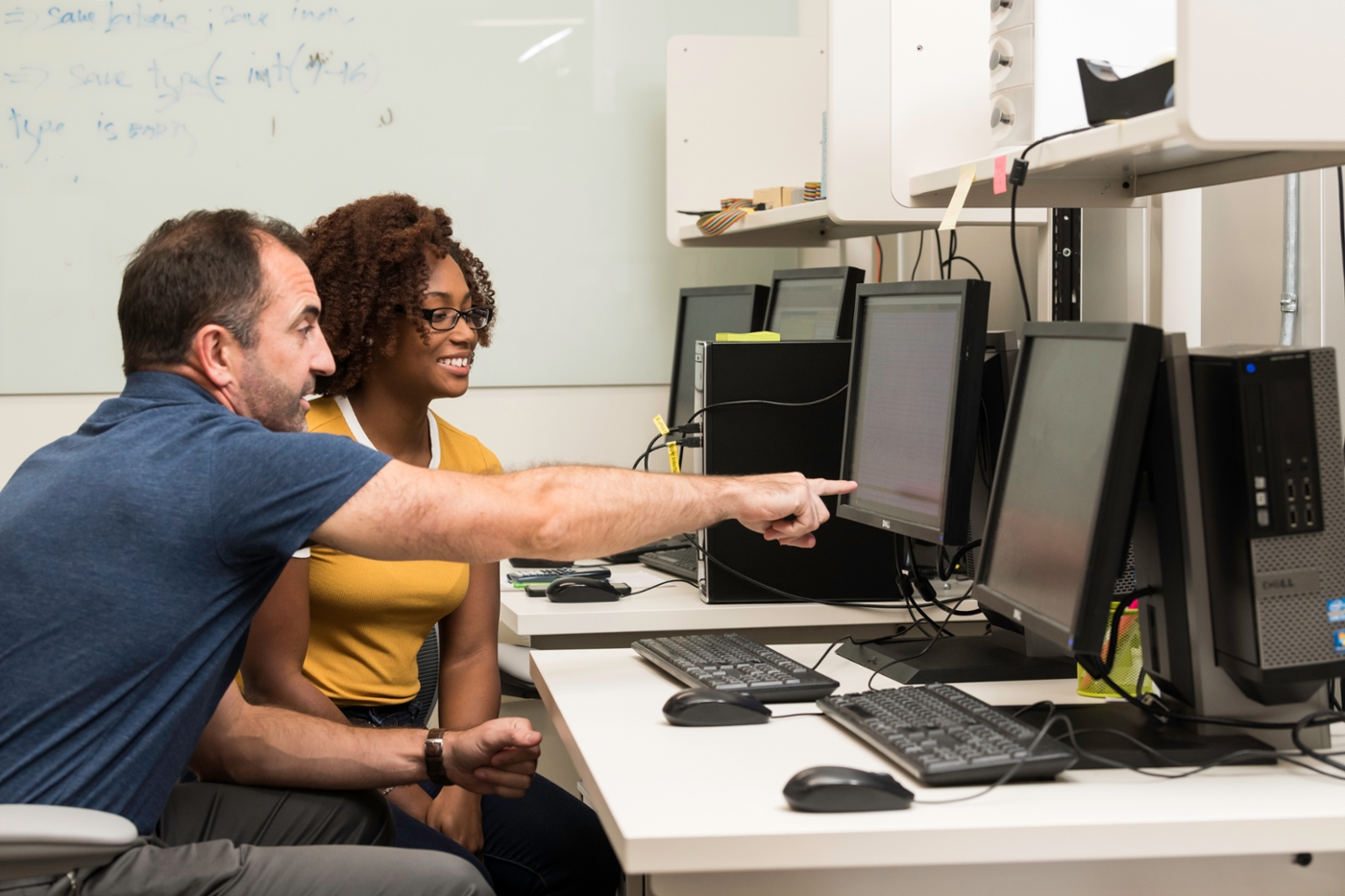Student Profiles

Shyanthony Synigal
Hometown: New Orleans, LA
Anticipated Graduation Year: 2023
Degree: PhD
Program: Biomedical Engineering
Research Group:Lalor Lab
Why did you pick the University of Rochester?
The University of Rochester promotes collaboration across departments, especially between the the Department of Biomedical Engineering and various departments in the School of Medicine and Dentistry. The BME department also allows first year students to rotate in research labs before deciding which one to join. I was interested in working with multiple PIs, so being able to experience the lab dynamics and work with the students firsthand were very important to me. Another reason I chose UR was the friendly and welcoming faculty, staff, and students I met during my first visit.
Why did you choose biomedical engineering?
I chose BME because it's multidisciplinary and would allow me to use engineering techniques to solve problems relating to biology and medicine. I've always enjoyed science, math, and working with my hands, and BME is a field that would allow me apply all three.
What lab did you choose and why?
I chose the Lalor Lab because of the PI and I's shared interests in wanting to learn more about sensory processing in psychiatric and developmental disorders. This lab works on a wide range of speech processing related topics as well, so I knew there would be opportunities for me to get involved with multiple projects. I also meshed really well with Dr. Lalor and the trainees in his lab.
What is your research project?
My project is to investigate hierarchical speech and language processing in neurotypical adults and adults with schizophrenia. With this I hope to find how disrupted perception relates to common symptoms of schizophrenia such as hallucinations.
What have you enjoyed most about your training so far?
I have enjoyed being able to design and test my own experiments. I was working with previously collected data when I first joined the lab, so being able to design and test experiments myself was very rewarding.
What are your plans for the future? Where would you like to be in 5-10 years?
After graduation I plan to go into industry and work for a company that would allow me to do research. Ideally, I would like to improve (and possibly implement) the techniques used to diagnose and treat people with psychiatric and developmental disorders.
When should you start Networking for academic opportunities? How did you start?
I began networking once I joined a research lab my sophomore year of undergrad, but didn't do so heavily until I began attending scientific conferences. However, I recommend starting as early as you can. Networking can take place anywhere, not just at academic events. You never know what opportunities may lie ahead or how you can can help others, so starting early and keeping in contact with your connections are very important.
